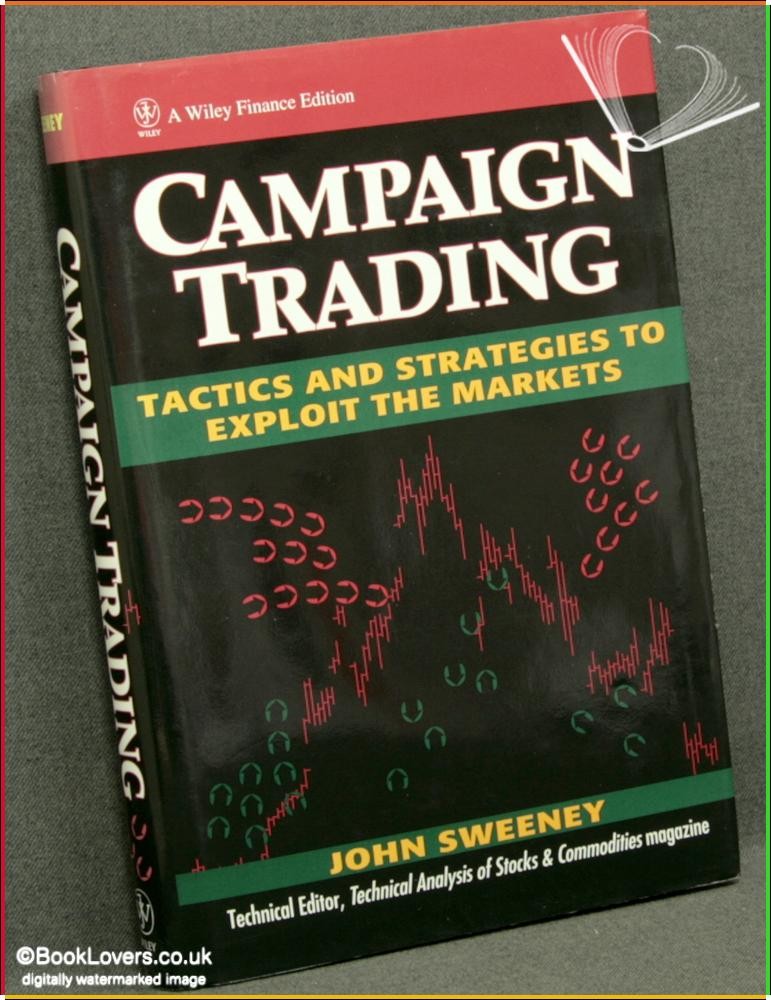Portfolio Theory and Management Hardback Baker Oxford University Press
Post on: 16 Март, 2015 No Comment

- Provides a comprehensive discussion of portfolio theory and management, empirical work, and practice within the various topics covered; attempts not only to blend the conceptual world of scholars with the pragmatic view of practitioners, but also to synthesize important and relevant research studies in a succinct and clear manner including recent developments.
- Offers discussion questions and answers that help to reinforce key principles and concepts.

Portfolio management is an ongoing process of constructing portfolios that balances an investor’s objectives with the portfolio manager’s expectations about the future. This dynamic process provides the payoff for investors. Portfolio management evaluates individual assets or investments by their contribution to the risk and return of an investor’s portfolio rather than in isolation. This is called the portfolio perspective. Thus, by constructing a diversified portfolio, a portfolio manager can reduce risk for a given level of expected return, compared to investing in an individual asset or security. According to modern portfolio theory (MPT), investors who do not follow a portfolio perspective bear risk that is not rewarded with greater expected return. Portfolio diversification works best when financial markets are operating normally compared to periods of market turmoil such as the 2007-2008 financial crisis. During periods of turmoil, correlations tend to increase thus reducing the benefits of diversification.
Portfolio management today emerges as a dynamic process, which continues to evolve at a rapid pace. The purpose of Portfolio Theory and Management is to take readers from the foundations of portfolio management with the contributions of financial pioneers up to the latest trends emerging within the context of special topics. The book includes discussions of portfolio theory and management both before and after the 2007-2008 financial crisis. This volume provides a critical reflection of what worked and what did not work viewed from the perspective of the recent financial crisis. Further, the book is not restricted to the U.S. market but takes a more global focus by highlighting cross-country differences and practices.
Readership: Upper-level business undergraduates and graduate (primarily MBA and MSF) students, doctoral students in finance, advanced undergraduate and graduate portfolio theory and management courses; practitioners of portfolio management; individual investors.














